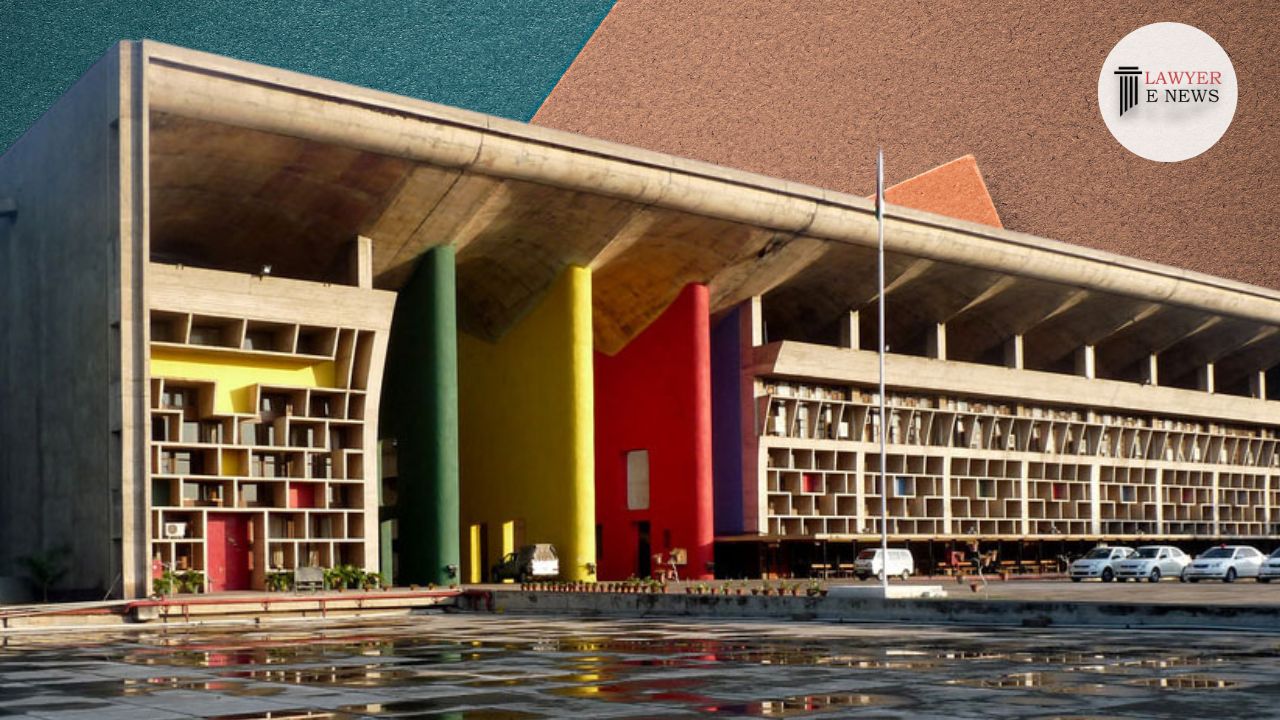-
by Admin
06 December 2025 2:53 AM



In a recent judgment delivered on October 17, 2023, the Punjab and Haryana High Court granted bail to a petitioner charged under the Narcotics Drugs and Psychotropic Substances Act, 1985 (NDPS Act). The decision, delivered by HON'BLE MR. JUSTICE ANOOP CHITKARA, has attracted attention for its detailed and "elaborative" bail conditions.
The petitioner had sought bail under Section 439 of the Criminal Procedure Code (CrPC), citing a long pre-trial custody period of over two years and six months. The court took into account the petitioner's criminal antecedents and the quantity of contraband involved in the case, which was categorized as "commercial."
In a noteworthy observation, the court emphasized the need for proportionality in bail conditions, stating, "The bail conditions imposed by the Court must not only have a nexus to the purpose that they seek to serve but must also be proportional to the purpose of imposing them. The courts, while imposing bail conditions, must balance the liberty of the accused and the necessity of a fair trial."
The judgment laid out a series of stringent conditions for the petitioner's bail, including the surrender of weapons and arms licenses and a restriction on the number of prepaid SIM cards. The court also permitted alternative options to surety, such as fixed deposits or account payee demand drafts.
Furthermore, the court noted that the accused could seek modifications to bail conditions if they found them difficult or violative of their rights, highlighting the court's commitment to ensuring fairness in the judicial process.
In response to concerns about the financial burden of bail, the court allowed the petitioner to request a reduction in the bond amount if it exceeded their means.
The judgment also emphasized the importance of desirable behavior by the accused in return for the protection from incarceration, and it cautioned against any attempts to influence witnesses or tamper with evidence.
The Punjab and Haryana High Court's decision has sparked discussions about the role and scope of bail conditions in ensuring both the accused's rights and the safety of society. It sets a precedent for the use of proportionate and elaborate bail conditions, marking a significant development in the legal landscape.
Legal experts and practitioners are closely watching the implications of this judgment on future bail applications and the broader criminal justice system.
Date of Decision: 17.10.2023
Kulwinder Singh VS State of Punjab
